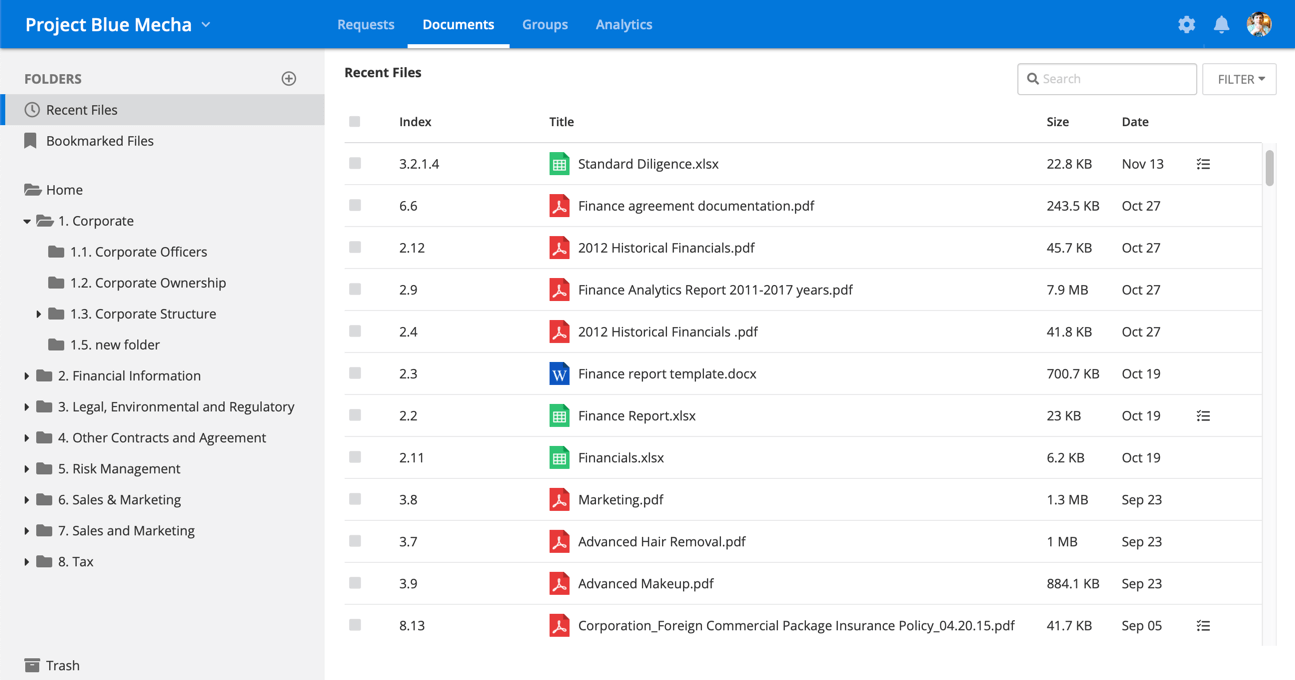Are Drug Tests Harmful or Beneficial to Employees?

Drug testing in the workplace has become a common practice since the mid-1980s when then-president Ronald Reagan made it a requirement for federal employees. Private businesses soon followed suit, and drug testing was further integrated into the workforce during the war on drugs.
Drug tests are commonly conducted as a pre-employment requirement, because of incident-related reasons or as part of a company’s post-employment process. A 2011 poll conducted by the Society for Human Resource Management revealed that more than half of employers (57%) require job candidates to undergo drug tests while only 29% do not perform this type of screening on any of their job candidates. Despite its widespread use, drug testing remains controversial, and there are many legitimate concerns on whether this procedure is actually beneficial or harmful to employees. Here are five factors to consider when it comes to drug testing and how it affects employees.
Table of Contents
Potentially Invasive
Invasion of privacy is one of the primary concerns of employees who are required to undergo a drug test. Urine and blood screenings can reveal a myriad of confidential information concerning an employee’s health. Many people worry that they will be discriminated, ostracized by their peers, or worst, dismissed from their jobs because of personal medical information.
For this reason, employees may look at drug tests as harmful to them especially if these are randomly administered. Management must take extra precautions to secure the retrieval and storage of drug test results. The staff performing the drug screening must also be professional in the way they administer the procedure and make sure to keep all information accessible only to the people involved.
Promotes Employee Safety
Employers should take workplace safety very seriously. More than four thousand employees were killed on the job in 2014, and one out of five of these fatalities occurred in the construction industry according to the Occupational Safety and Health Administration. Employers commonly use drug testing programs as a way to make sure that workers are fit for their jobs.
Businesses, especially those that run high-risk operations like in construction and manufacturing, require employees to be alert and focused especially when performing their duties. Drug tests help ensure that workers are mentally and physically fit while they are doing their work. Drugs can impair an employee’s motor control, cognitive abilities, focus, memory, and general interactions with fellow employees. Intoxicated employees are a hazard not just to themselves but also to their coworkers.
Improves Productivity
Drugs are notorious for their psychological and physiological effects, and these changes could be disastrous for the company in terms of productivity. Stimulants like cocaine can cause insomnia and increased blood pressure, while downers like painkillers can cause drowsiness, impaired memory, and irritability. Intoxicated employees are inefficient, and the quality of their output can suffer as a result of their inebriated state.
They may also become loud, boisterous, and disruptive to their coworkers. When employees are aware that management is proactive in enforcing a zero drug–tolerance policy via drug tests, they become more accountable of their actions and thus become more proactive.
Preserves Company Integrity
Businesses must maintain a positive reputation if they want to strengthen their relationships with customers and investors. By making drug tests a standard part of their operations, organizations give their partners the assurance that they are serious and careful about the way they conduct business. This positive image is not just beneficial to the company but also to its individual members.
A work environment that has a shady reputation will cause employees to feel unsafe and unmotivated to work, resulting in absenteeism and high turnover. On the other hand, employees will feel more dignified and proud to work in a company that promotes safety and integrity.
Drug Testing Limitations
Drug tests have well-known limitations that could affect their efficacy as a way to prevent drug use among employees. For example, most drug tests can only detect evidence of illegal substances that were recently consumed. Heavy drug users who are required to pass a drug test can simply choose to abstain for a few weeks or months to remove traces of the substances from their system.
Furthermore, there are also products that users can use to detox the body from drugs like detox drinks, shampoos, and devices like the devices like the urinator, which can be used to submit controlled urine samples. To optimize the effectiveness of workplace drug testing, employers must be aware of these limitations and enforce other programs to supplement drug tests.





